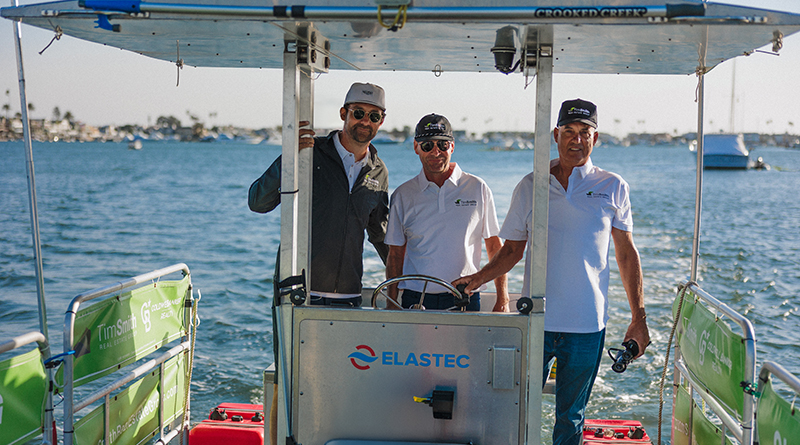As boaters set sail for adventures on the open waters, one crucial aspect that should never be overlooked is ensuring that the vessel is adequately provisioned, especially in preparation for potential encounters with bad weather. Whether embarking on a day trip or an extended ocean voyage, having a well-stocked supply of provisions onboard can make all the difference in ensuring safety and comfort during challenging conditions. Here’s a comprehensive guide on how to prepare your boat with the necessary provisions to endure bad weather:
- Water:
Water is perhaps the most critical provision to have onboard, as staying hydrated is essential for survival, especially during extended periods at sea. Plan to carry at least one gallon of water per person per day, accounting for both drinking and sanitation needs. Additionally, consider investing in a watermaker or desalination system for long-term voyages to replenish your freshwater supply from seawater.
- Non-perishable food:
Stock your boat with a variety of non-perishable food items that are easy to store and prepare. Canned goods, dry pasta, rice, beans, nuts, granola bars and dehydrated meals are excellent options that provide essential nutrients and energy. Don’t forget to include a manual can opener and any necessary cooking equipment, such as a portable stove or grill.
- Emergency rations:
In addition to regular provisions, it’s essential to have emergency rations onboard in case of unforeseen circumstances or extended periods of bad weather. Coast Guard-approved emergency food rations, such as energy bars or freeze-dried meals, are specially designed to provide essential nutrients and calories in compact, long-lasting packages.
- First aid kit:
A well-stocked first aid kit is a must-have onboard any boat, containing essential medical supplies to treat injuries or illnesses that may occur while at sea. Include items such as bandages, antiseptic wipes, pain relievers, seasickness medication, sunscreen and any prescription medications needed by passengers.
- Safety equipment:
In addition to provisions, ensure that your boat is equipped with essential safety gear to handle emergencies and adverse weather conditions. This includes life jackets for all passengers, a marine radio for communication, signaling devices such as flares or a signaling mirror, a waterproof flashlight and a well-stocked ditch bag containing essential survival items.
- Fuel and spare parts:
Keep your boat’s fuel tanks topped up and ensure you have an adequate supply of fuel for the duration of your voyage, including extra reserves in case of unexpected delays or diversions. Additionally, carry spare parts and tools for basic repairs and maintenance to address any mechanical issues that may arise while underway.
- Weather forecasting tools:
Stay informed about weather conditions along your planned route by carrying reliable weather forecasting tools onboard, such as a marine weather radio, satellite weather receiver or smartphone app with real-time weather updates. Monitor weather forecasts regularly and be prepared to alter your course or seek shelter if adverse conditions are predicted.
- Communication and navigation:
Maintain communication with shore-based contacts or fellow boaters using a marine VHF radio or satellite phone. Ensure your boat is equipped with reliable navigation equipment, including GPS, charts, compass and backup navigation tools in case of equipment failure or loss of GPS signal.
- Crew training and emergency drills:
Lastly, ensure that all crew members are familiar with emergency procedures and know how to operate safety equipment onboard. Conduct regular safety drills to practice responses to various emergencies, including man overboard situations, fire, flooding and abandoning ship scenarios.
By following these guidelines and adequately provisioning your boat for bad weather, you can ensure that you and your crew are prepared to handle whatever challenges may arise while at sea. Remember, preparation is key to staying safe and comfortable during ocean voyages, so take the time to plan and stock up before setting sail on your next adventure.
Editor’s Note:
The suggestions provided in this article are offered as recommendations by The Log and are intended to serve as a helpful guide for boaters in preparing their vessels for potential encounters with bad weather. It is important to note that while we strive to provide valuable information, The Log is not a professional safety course or authority on maritime safety. Boaters should exercise their own judgment and consult with certified safety experts or undergo official safety training courses for comprehensive guidance on boating safety practices. Ultimately, the responsibility for ensuring safety onboard rests with the boat owner and crew, and thorough preparation and adherence to established safety protocols are essential for a safe and enjoyable boating experience.







